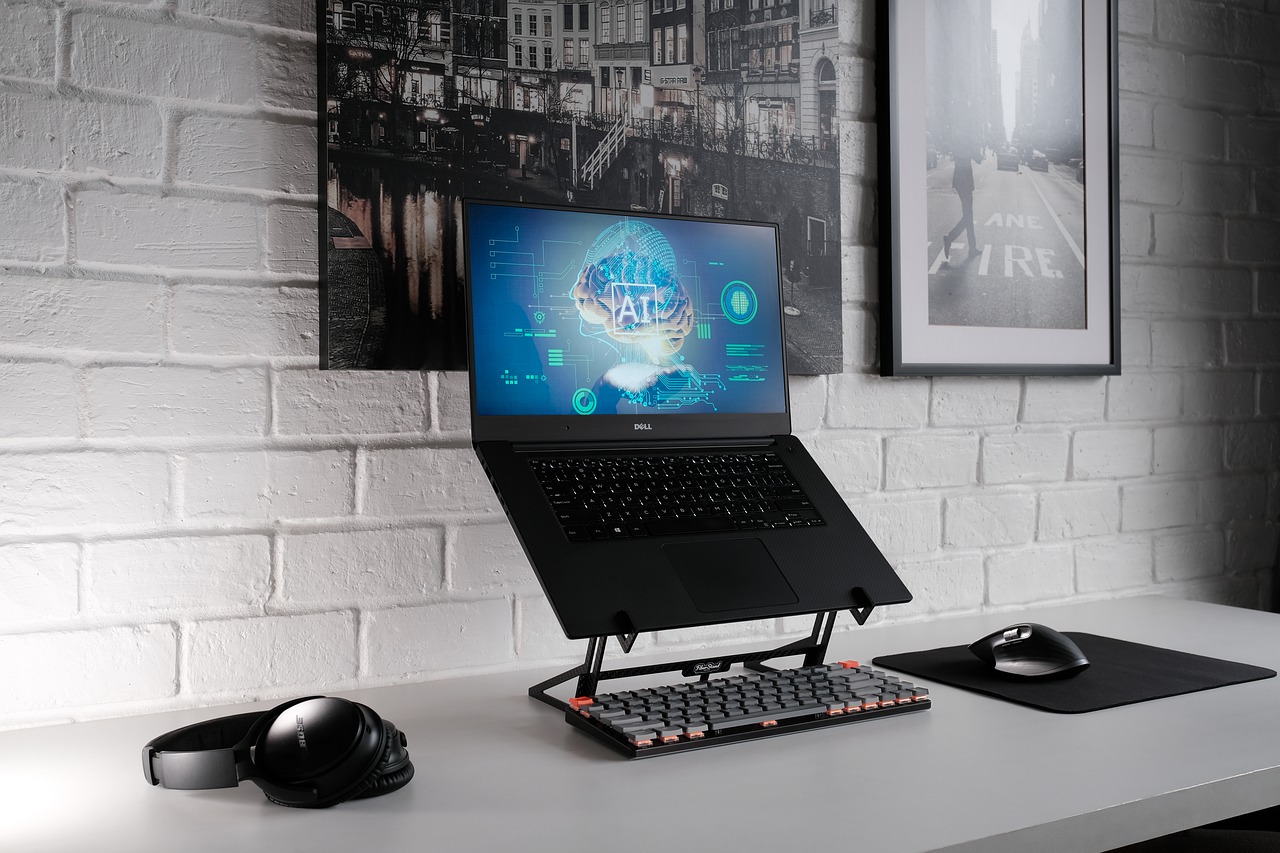Modern technology, relative to its time, has impressed the masses with groundbreaking solutions to daily life struggles or inconveniences. From the discovery of electricity all the way down the line to the installation of Amazon Alexa is the Lamborghini Huracán EVO – contemporary technology simply makes our lives easier. And we can’t get enough of it.
The biggest bang in our technological sphere is definitely Artificial Intelligence (AI) – a system that is trained to facilitate human behaviour and even mimic it to undergo tasks with minimum or no supervision. Much like big data, robotics and IoT, AI plays a vital role in the future existence of every industry and every human – it also acts as the main driver in seamless and consistent deployment in most aspects of life as we know it; or imagine it could be like in the near or distant future.
AI holds the key to massive change and it can be viewed as a blessing or a curse, but the fact is that with the full unleashing of AI technologies, life will experience radical change.
We live in an AI-centric world
It’s irrational to think that AI is a thing of the future, that we are lightyears away from living in a Jetson type world; maybe the flying cars could be excluded from our generation’s solution to a ‘better’ life, but a lot of the rudimental tasks we undergo as human beings today can, and will probably be, replaced by that of a robotic family member who’s monitored by Artificial Intelligence systems. Think I, Robot less the robot revolution… hopefully.
We are currently living in a world where major industries in our socio-political economy are monitored by or entirely programmed under AI standards. Narrow AI takes on deep learning or machine learning processes to improve our manual input systems, lessening the chances of error and failure. Some sectors in our modern life cannot imagine a step back from Artificial Intelligence, to a time where human error was up for debate. Sectors such as the transportation industry, the manufacturing sector, healthcare facilities, educational institutions, media houses and customer service providers are all pioneering examples.
Here’s how AI has facilitated the daily runnings of these industries:
Transportation
The world was shocked when they first entered a single train carriage with no driver to be seen – autonomous cars following a set route free of obstacles; what ever will we think of fully autonomous cars battling the traffic in rush hour?
Although this system requires years of optimisation, the possibility is there and the solution will only arise when all cars on the road are made fully autonomous.
Manufacturing
Mundane, high effort and full focus jobs might needn’t be a worry for our future generations. With AI powered robotics dominating the manufacturing line, there’s little to no need for manual labour in big factories any longer.
This has been taking place for years and society still moved forward. Although the aspect of ‘loss of jobs’ will affect society slightly, new jobs will be created as a result of innovation and change. Plus production lines can be monitored so much easier.
Healthcare
Hospitals and medical centres have been transformed into highly efficient machines with the involvement of AI in their facilities. The high-speed formation of test results, the accuracy in which surgical procedures can take place and the tools used for early detection of illness have proven to better improve the patient’s experience while visiting a properly equipped hospital or clinic.
Primary health care can be radicalised by means of AI systems; from patient information to the development of cures, this could be a major accomplishment in medical science.
Education
Imagine your educational experience without the hassles of commute, heavy textbooks or ill prepared teachers – imagine an educational experience where virtual tutors powered with the crispest of AI technology guiding you towards your career path.
Equipped with facial recognition that judges emotions, helping the robots determine a student’s struggles; will such robot-teachers replace the social necessities a ‘real-life’ teacher and classroom so justly provides?
Media
Media agencies, newsrooms and PR houses are stacked with algorithms led by Artificial Intelligence. From financial reporting and KYC checks, AI is the technology used to free up journalists, editors and content creators’ time in the daily grind.
There are systems that are being trained to develop content to the same calibre of a human writer, photographer or designer – so the worry for authentic material being produced by robots instead of humans; is a relevant concern.
Customer Service
With Google’s creation of AI call assistants, matters such as a robot’s reception to voice recognition, tone, accent, sarcasm or even emotional responses is being worked on – and this is pioneering to say the least, but startling too.
With acts such as the GDPR in full swing, it would be interesting to see how robot recording voice calls will be moulded into the regulatory systems we’ve instated into our way of life.
This is simply the tip of the iceberg. The potential impact that AI has on these industries can revolutionise the world, bring opportunity and hope to the global population. And with company backing by tech giants Amazon, Microsoft, Apple and Google; the future could be closer than we think.
The biggest question that prohibits the full-swing effect of AI domination is its impact on society. Ethical questions such as; whether routine jobs be eradicated for the human kind; whether social skills in our youth will become obsolete when AI teaching takes shape; if human life as we know it will become even more sedentary than it already is and if robots will require rights to protect them as ‘citizens’.
Whether too profound in analysis or not, Artificial Intelligence is a double edged sword that will alter the norms in society; for better or for worse. What are your views on Artificial Intelligence?

